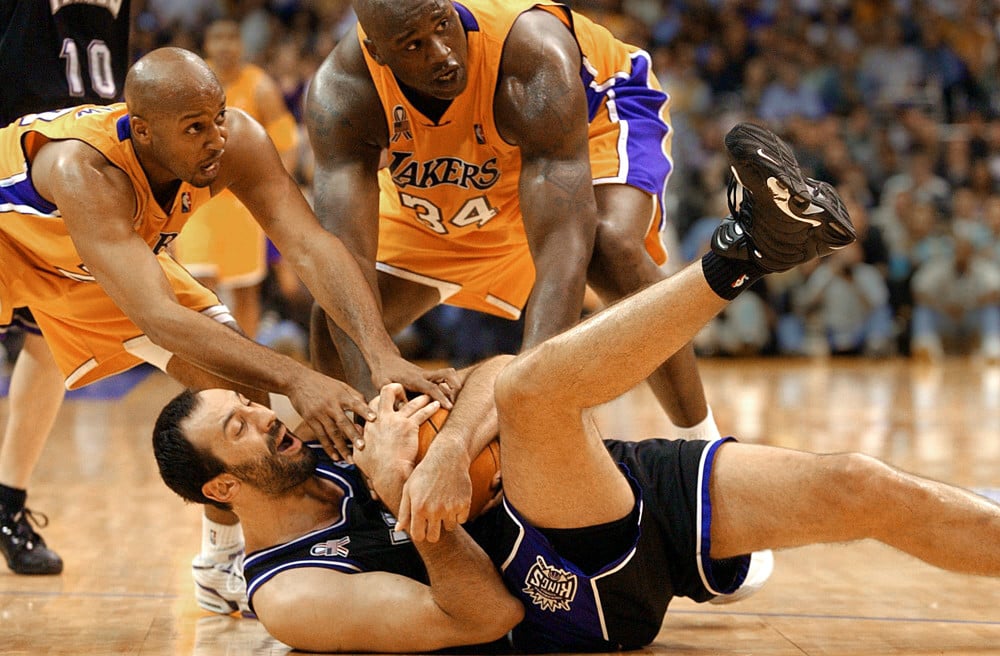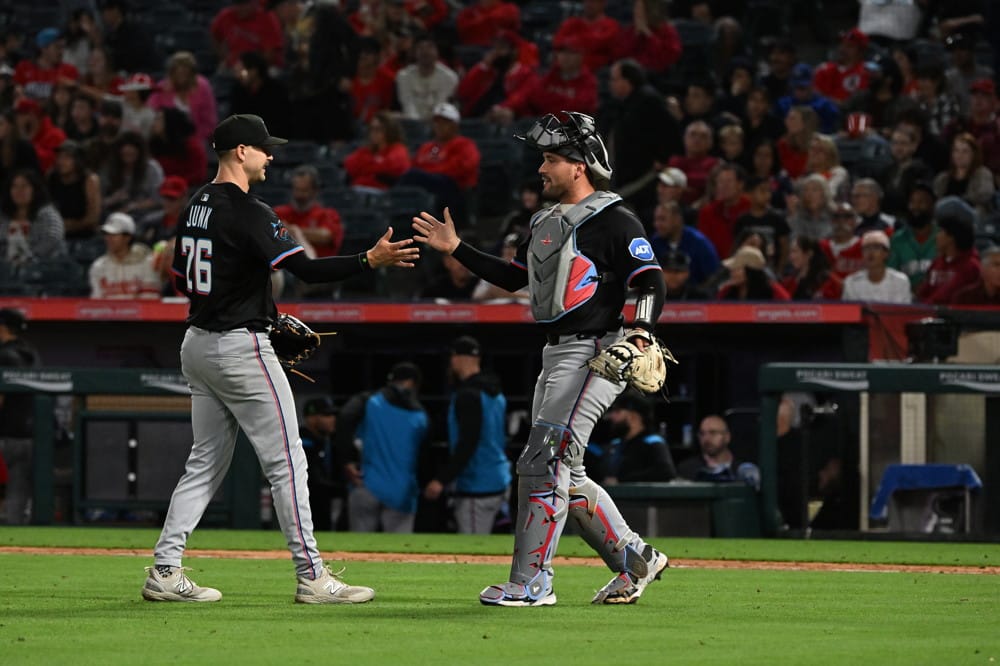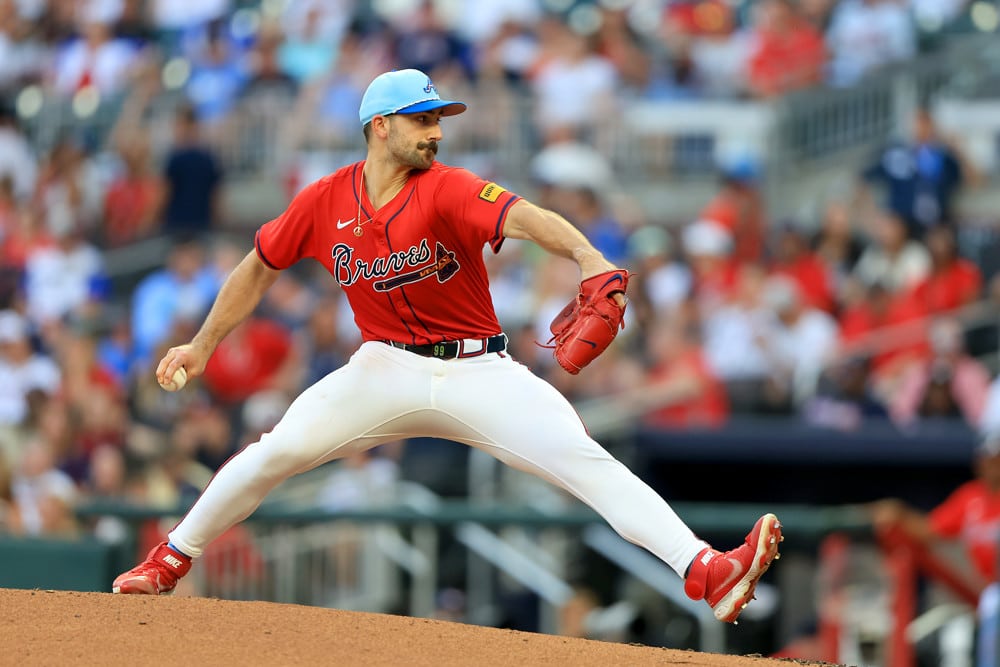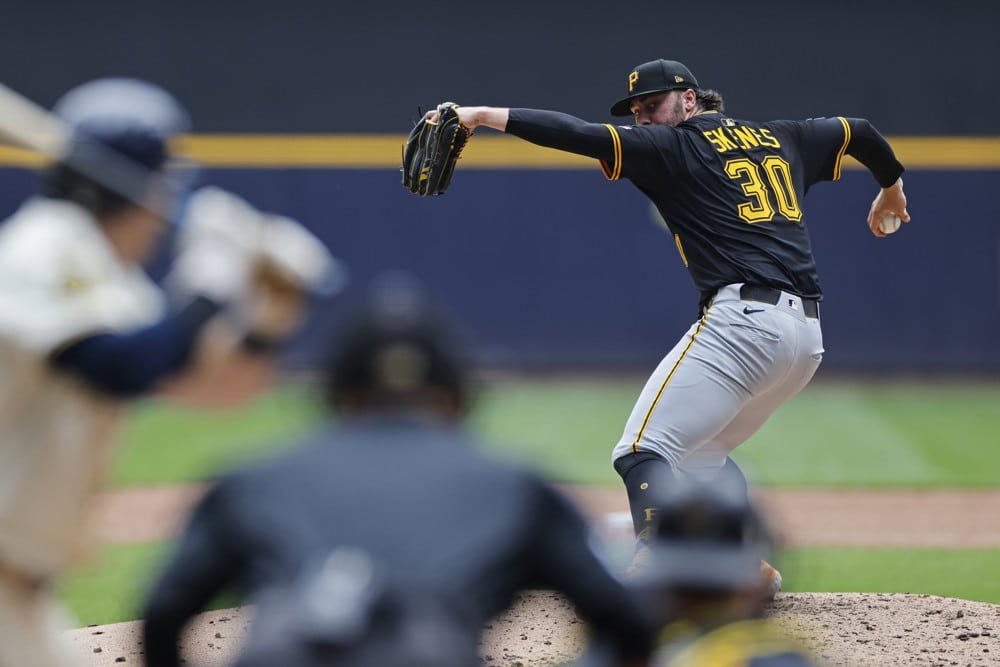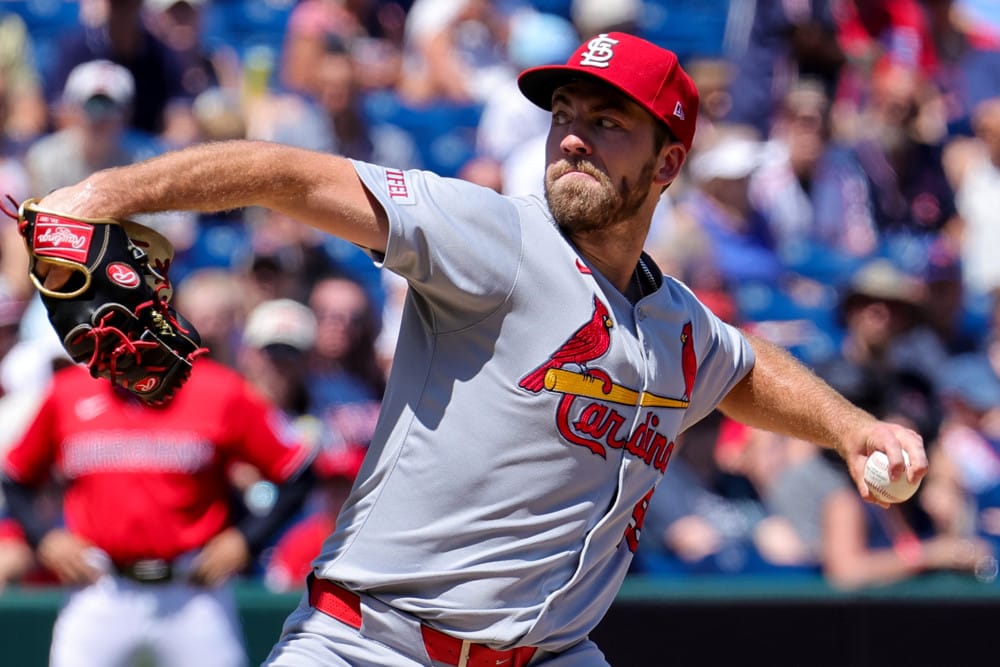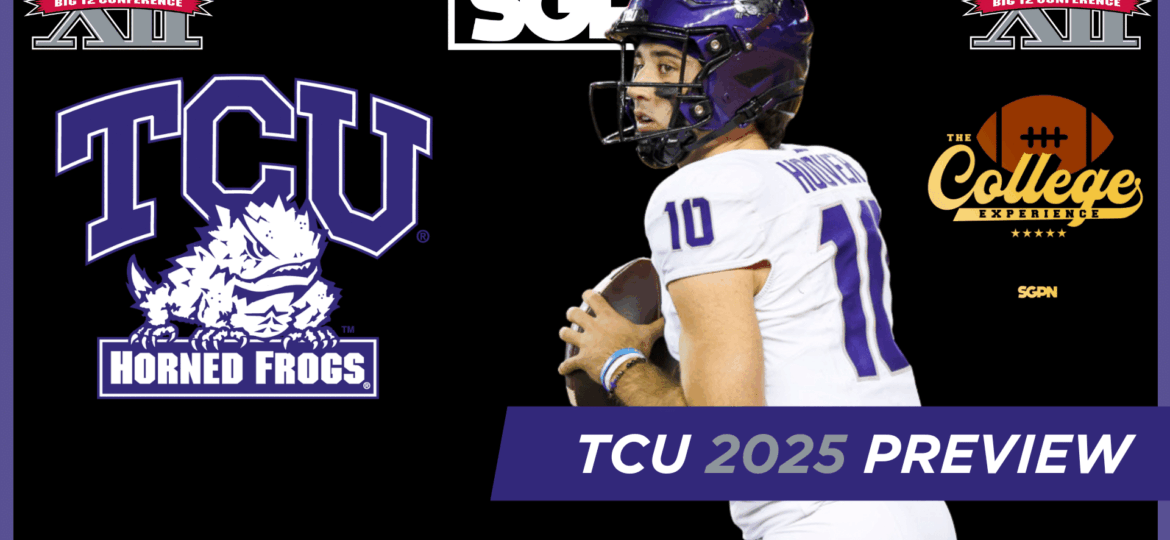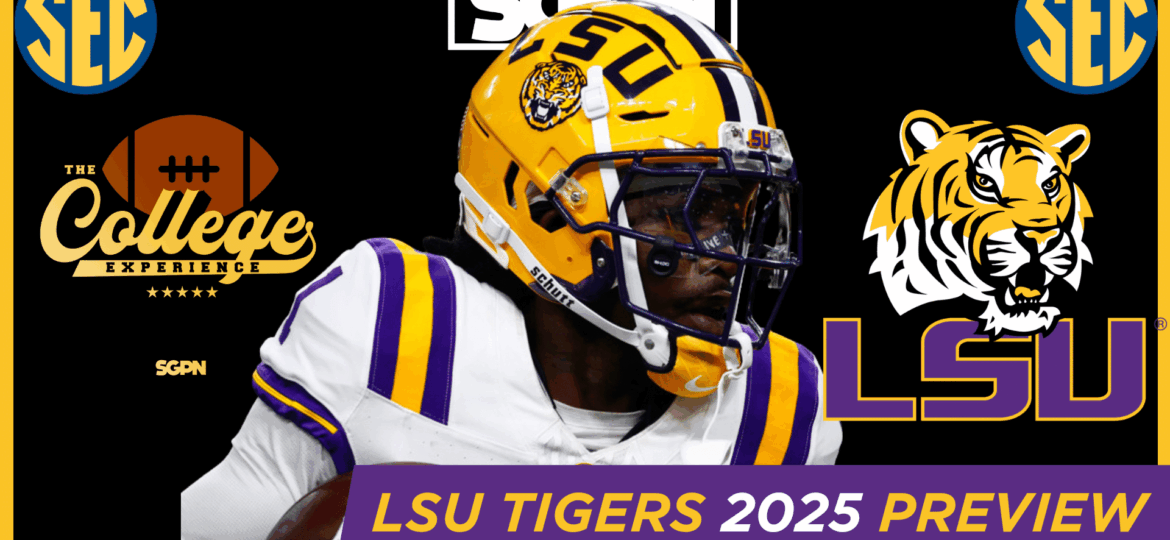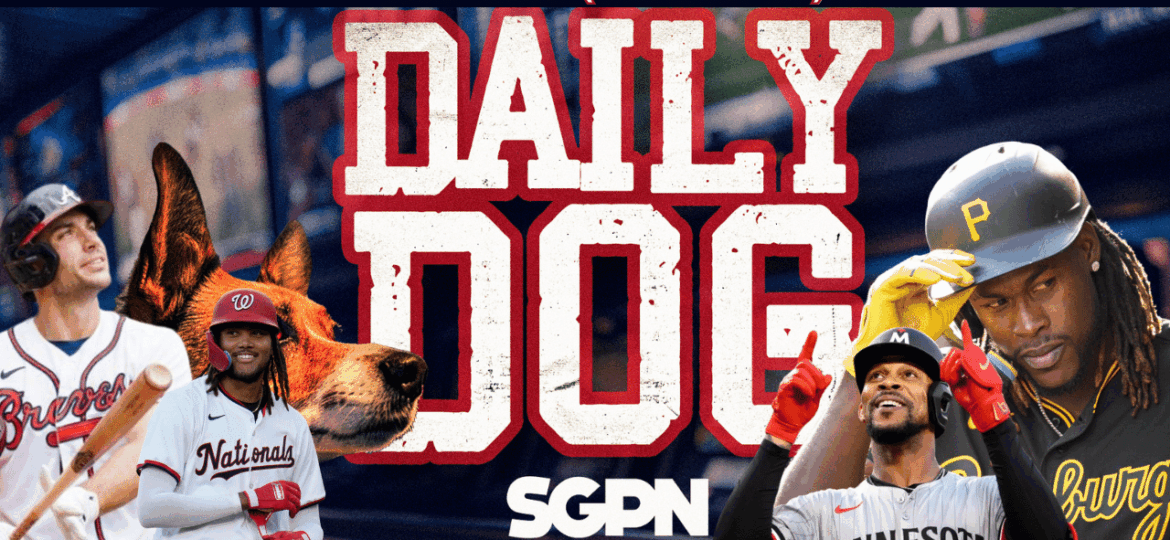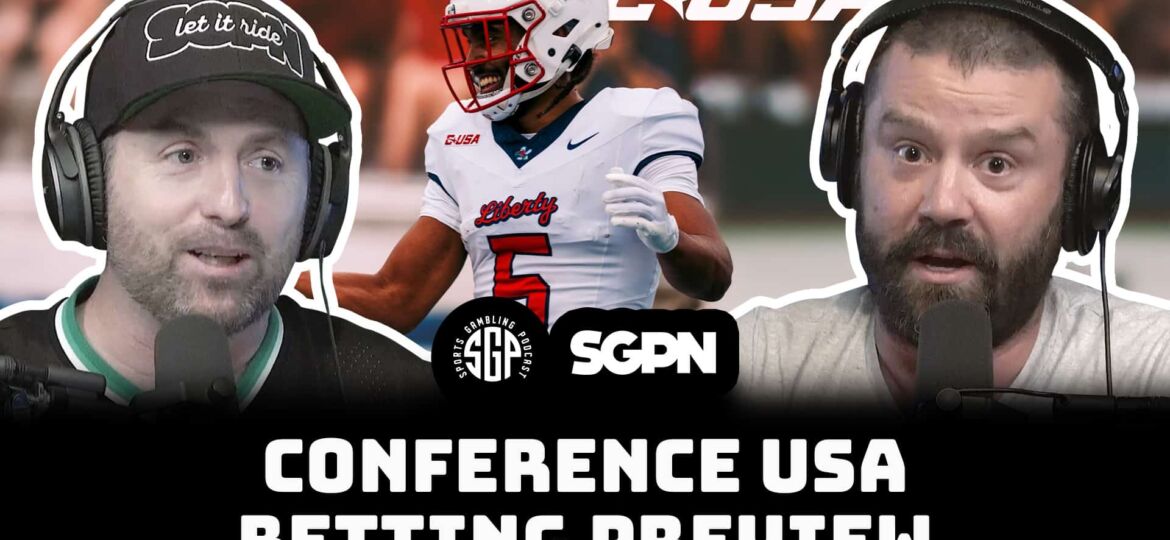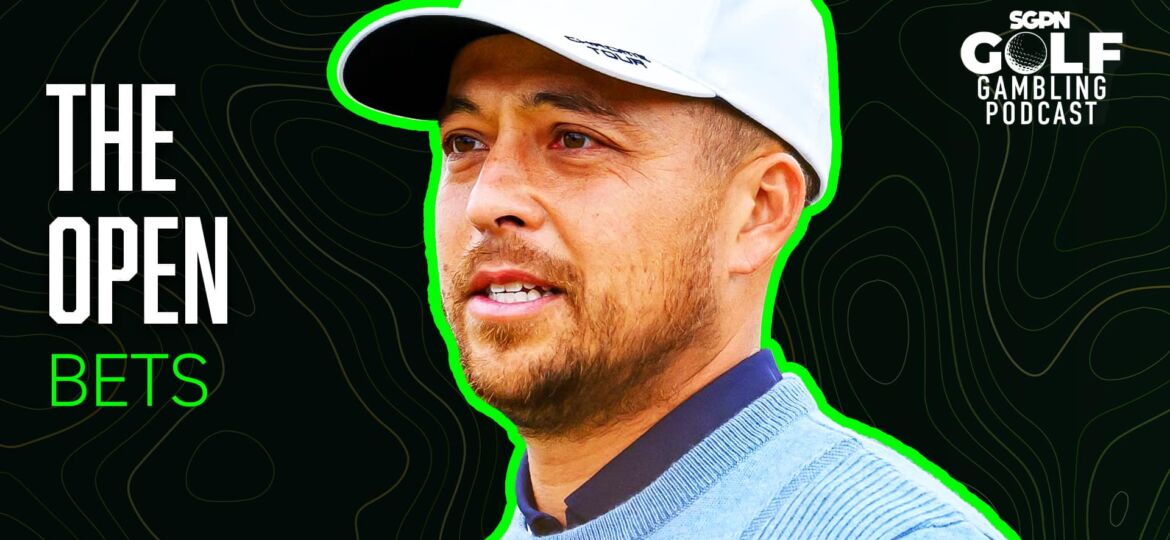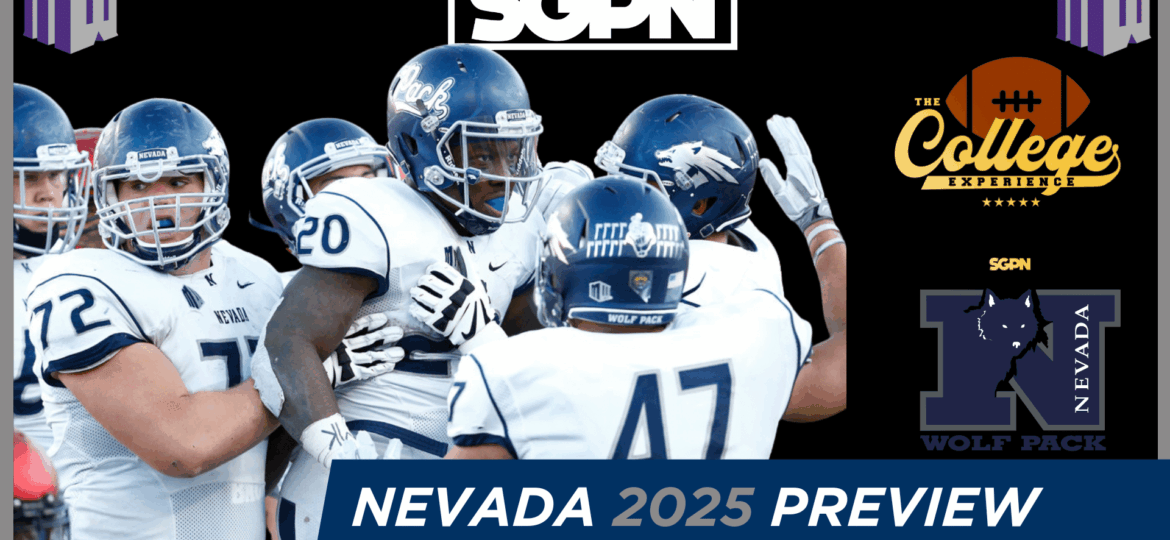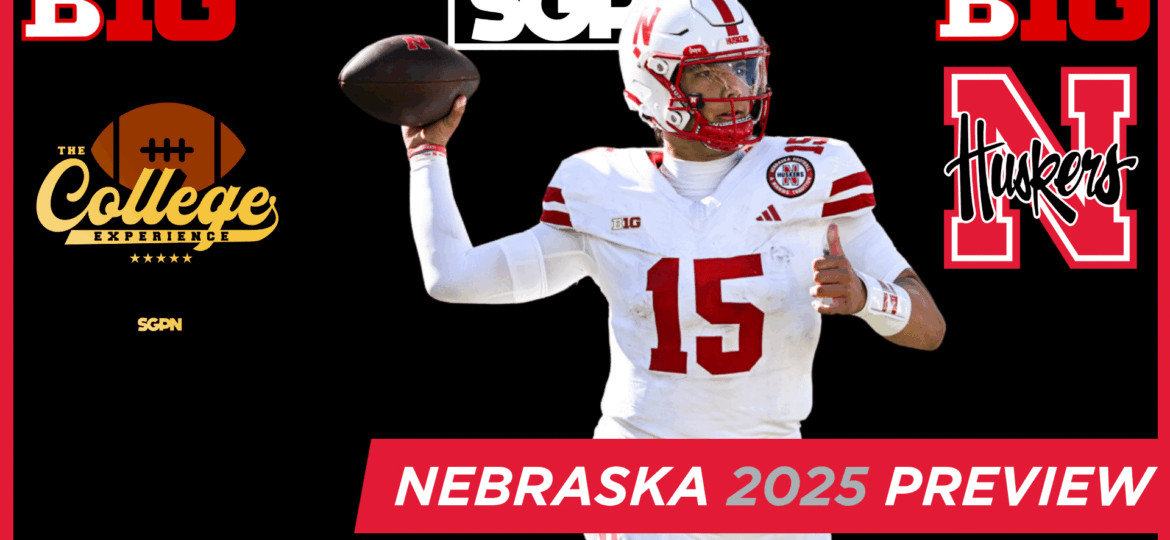In the annals of sports history, few events tarnish the shimmering armor of a league or an organization as profoundly as betting scandals. From ancient Olympic Games, where charioteers were known to bribe their way to a victor’s laurel, to modern-day controversies across multiple sports, betting scandals pierce the very heart of a sport’s credibility. It’s not just about the illicit exchange of money, but rather the eroding trust of fans and stakeholders. When a player, referee, or any official is influenced by external financial pressures, the foundational principle of fair competition crumbles.
The NBA: Not Immune to the Siren Song
For the longest time, basketball enthusiasts regarded the NBA as an unblemished arena of pure talent and fierce competition. Its towering figures, both on and off the court, have crafted stories of sheer determination and grit. From Magic’s no-look passes to Jordan’s gravity-defying dunks, the NBA was the epitome of sportsmanship for many, although that perception has probably changed in recent years.
Yet, the league is not without its shadows. Over its illustrious history, the NBA has encountered its own share of betting controversies that threatened to disrupt its narrative. While these instances have been fewer and farther between compared to some other sports, their existence serves as a reminder that even giants can falter.
Tim Donaghy: When Trust Falters on the Hardwood
Tim Donaghy, a name that may evoke discomfort among NBA loyalists, started off on a trajectory that many would envy. Hailing from Pennsylvania, Donaghy was inducted into the NBA’s roster of referees in 1994. Over the next 13 years, he officiated in more than 700 regular season games and about 20 playoff games. On the surface, Donaghy was just another arbiter, ensuring the game’s sanctity from tip-off to the final buzzer. Yet beneath this veneer lay a series of choices that would rock the NBA to its core.
The Scandal Breaks: A League in Turmoil
The year 2007 marked a seismic shift in how fans and stakeholders perceived the integrity of NBA games. Reports emerged, initially from an FBI investigation into an unrelated matter, that Donaghy had been involved in betting on games he officiated. The sheer audacity of such an act was both shocking and unprecedented. The initial reactions ranged from disbelief to anger. Fans felt betrayed; players and coaches questioned the validity of their efforts, and league executives scrambled to manage a PR nightmare. The once-celebrated league was now under the dark cloud of skepticism, with every referee’s decision, past and present, being scrutinized with an air of suspicion.
Digging into the details revealed a convoluted web of deceit. Donaghy didn’t work alone; he was feeding inside information to professional gamblers, sometimes making calls that affected the point spread, ensuring a particular outcome. While there’s no concrete evidence that he directly altered the winner of any game, the very act of influencing point spreads betrayed the trust bestowed upon him. To think that the outcome of a game – the sweat, the strategy, the sheer will of the players – could be influenced by a whistle’s bias was a pill too bitter to swallow.
Motivations & Consequences: The Why and the Aftermath
Unraveling the ‘why’ behind Donaghy’s actions becomes a complex endeavor. Was it sheer greed, the thrill of the clandestine, or a combination of personal and financial pressures? While it’s hard to pinpoint a single reason, what’s clear is that Donaghy’s actions stemmed from a profound lapse in judgment and a detachment from the core values of the sport.
The consequences were swift and severe. In 2008, Donaghy pled guilty to charges of conspiracy to engage in wire fraud and transmitting betting information through interstate commerce. He was subsequently sentenced to 15 months in prison. Beyond the legal ramifications, his reputation was irrevocably tarnished. But the ripple effect went beyond Donaghy. The NBA had to introspect, revamping its officiating protocols and engaging in extensive PR campaigns to restore faith in the game.
The NBA’s Response: Restoring Faith Amidst Controversy
When the Donaghy revelations came to light, the NBA found itself navigating uncharted waters, attempting to maintain its credibility amidst a storm of skepticism. The league’s initial response was multi-pronged and decisive.
The NBA immediately launched an internal investigation, collaborating with law enforcement agencies to get to the depth of the issue. The goal was clear: ascertain the extent of the damage and identify any other potential bad actors within the league.
Once Donaghy’s guilt was ascertained, the NBA acted swiftly. He was relieved of his duties and faced subsequent legal actions. The league aimed to send a clear message: any compromise on integrity would meet with severe consequences.
On a different level of action, realizing the PR crisis at hand, the League was quick to be transparent with its fan base. Commissioner David Stern held press conferences, ensuring fans that the league was taking all necessary steps to address the issue. The league’s stance was clear – this was an isolated incident, and the actions of one individual didn’t reflect the values held by the NBA as a whole.
In the wake of the Donaghy scandal, the NBA’s journey to redemption was neither quick nor easy. But through decisive action and a commitment to its core values, the league took significant strides in ensuring the sanctity of the game remained intact, reaffirming the trust of its global fan base.
Online Casinos: Parallel Worlds of Trust and Transparency
While the NBA grappled with its in-house betting scandals, it’s impossible to discuss the broader spectrum of gambling without mentioning the meteoric rise of online casinos in the digital age. These platforms, with their promise of convenience and a vast array of gaming options, have attracted millions of enthusiasts worldwide.
Much like professional sports leagues, the top casino sites (especially in heavily regulated countries like the UK) operate under the scrutiny of authoritative regulatory bodies, emphasizing the importance of trust, transparency, and integrity. As the lines between sports betting and online casinos continue to blur, both industries recognize the mutual responsibility they bear in ensuring fair play and safeguarding the interests of their patrons.


